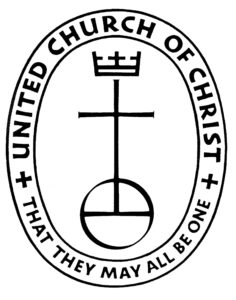In classic Western movies and children’s games cowboys are the good guys with revolvers in their hands. Indians with bows and arrows are the bad guys who are after your scalp. Thanksgiving is one of the few stories that interrupts that image. Here the natives are good because they help the newcomers. There are other stories where Native Americans have positive images: the love story of Pocahontas or the image of the noble savage who is so civilized and gentle to animals and the natural environment that he becomes a romanticized role model.
One thing that strikes me is that all these stories, positive or negative live off a stark contrast and an oversimplified dualism. Good versus bad, us versus them, white versus colored, civilized versus savage. I would love to think things have changed. But I guess this pattern is too tempting to give up. America continues to be divided between native and immigrant, rich and poor, educated and uneducated, urban and rural, liberal and conservative, turkey or ham on the Thanksgiving table.

The world has always been divided. That is part of human nature. It is the original sin. The emblem of the United Church of Christ recognizes this reality by displaying the globe with lines cutting across the orb. God’s children live divided into different nations and religions. From that divided world rises the cross. It is a symbol that Christ has suffered as one of the least of us, an outcast among outcasts, a Jewish radical crucified by the Roman Empire, a Native American speaking up against occupation, a pilgrim trying to establish a safe haven. The crown on top reminds the church that Christ reigns. That is what the last Sunday of the liturgical year is all about: The reign of Christ. Your nationality, your religion, your education, your wealth, your political leanings, none of that has the final say. None of that is supposed to govern how you live your life, but the person of Jesus Christ. The cross reveals that all the labels that divide us are false idols. This Thanksgiving let us be thankful for diversity and nuanced conversations.
